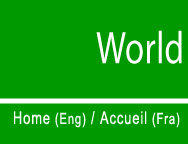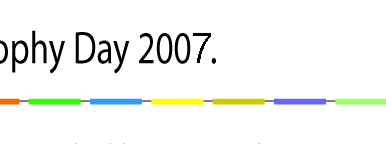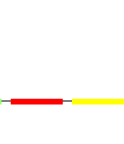



|
|
|
|
|
|

|

|

|
|
|
|
|
|
|
|
|
|
|
 |
Third Celebration of World Philosophy Day,
15 November 2007
For UNESCO, “Dialogue: between whom and on what?” is “the question at the heart” of the third celebration of World Philosophy Day. (*1)
Dialogue, then…instead of violence to resolve discord…
In 2001, Mr. Kofi Annan, then-Secretary-General of the United Nations, reaffirmed that, as we are “the products of many cultures and impulses, our strengths lie in combining the familiar with the foreign.” (*2)
Dialogue, then…between what is familiar and what is foreign…
In the same speech, Mr. Kofi Annan adds that the notion of dialogue among civilizations “helps us draw on the deeper, ancient roots of cultures and civilizations to find what unites us across all boundaries, and shows us that the past can provide signposts to unity just as easily as to enmity.”
Dialogue, then…on the spiritual roots of cultures and civilizations…
“I do not distinguish between the relative and the stranger.”
This declaration by Mawlana Jalal-ud-Din Balkhi-Rumi, one of the greatest mystic poets and Sufi philosophers of the Islamic civilization, dates back eight centuries. Born in 1207 in Afghanistan, Rumi lived mainly in Turkey. In 2007, UNESCO is officially celebrating the 800th anniversary of his birth. (*3)
It is in Istanbul, Turkey, that the international event will take place for World Philosophy Day 2007. (*3)
The West, Afghanistan, Turkey, Islam, the United Nations, dialogue among cultures and civilizations, reconciling what is familiar and what is foreign…these are all so many very topical subjects on which “the love of wisdom” or “philosophy” is, without a doubt, a useful and illuminating resource.
If “the search for an exclusive, inward-looking civilization is doomed to fail” (*2), to avoid this failure, we must engage in a comparative study of civilizations and how they see the world to “find what unites us across all boundaries.”
And if “the overarching challenge is to move societies towards sustainable peace” (*4), the greatest difficulty is for individuals to change their behaviour. Because just, laudable ideas are not enough: they must dictate how we are and how we live.
But doesn’t being a philosopher mean precisely establishing this authentic, efficient, sustainable harmony between what we think, how we feel and how we act?
(*1) Message from the Director General of UNESCO on the occasion of World Philosophy Day on 15 November 2007:
http://portal.unesco.org/shs/en/ev.php-URL_ID=11561&URL_DO=DO_TOPIC&URL_SECTION=201.html.
(*2) Speech delivered by Mr. Kofi Annan at Seton Hall University’s School of Diplomacy and International Relations in South Orange, New Jersey, United States, on 5 February 2001:
http://www.un.org/Dialogue/messagesg.htm.
(*3) UNESCO: World Philosophy Day, 15 November 2007:
http://portal.unesco.org/shs/en/ev.php-URL_ID=11560&URL_DO=DO_TOPIC&URL_SECTION=201.html.
(*4) Kofi Annan. Speech dated 5 February 2001: http://www.un.org/News/Press/docs/2001/SGSM7702.doc.htm.

